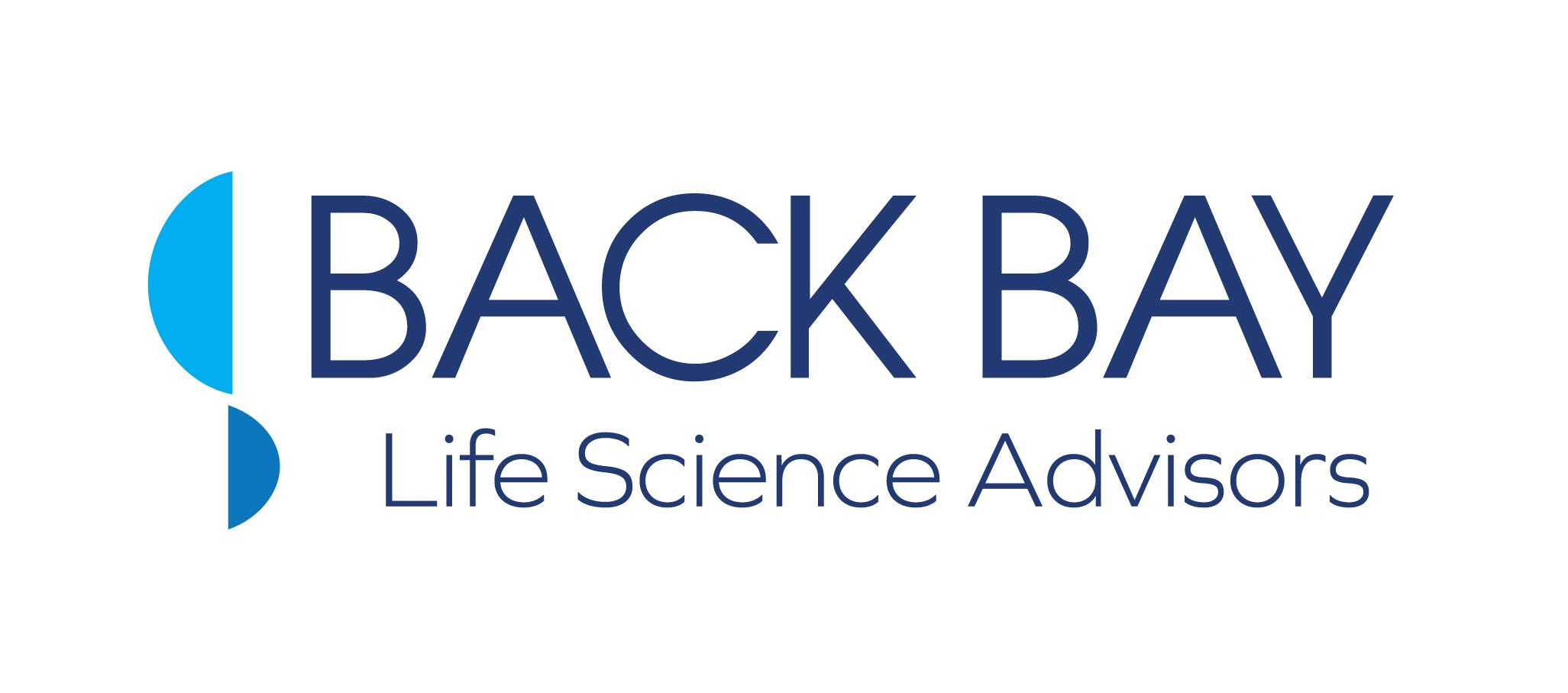Inefficient Markets: Public Market Dislocations and Negative Biotech Enterprise Values
By Gregory Benning, Head of Investment Banking, Back Bay Life Science Advisors
Back Bay Life Science Advisors knows that development and transaction strategies should take the long view, but we are never insulated from the public markets. Four months ago, the S&P XBI Biotech ETF hit $89/share, off 50% from an intraday high of $175/share a year earlier. It is now at $70, for the fourth time in the last five years. Approximately 150 healthcare companies have market caps less than the cash on their balance sheets—a new record. Why?
Back Bay’s capital markets experience goes back to Volcker monetary policy and Genentech’s 1980 $35MM IPO: we have seen this before. There are some things that rhyme with this bear market and previous ones, but there are some things that are different. For a sector that is a pure-play opportunity to invest in innovation, where cumulative value creation is evident, we think that the current public markets are acutely dislocated, with many investors sitting on the sidelines rather than there being a change in the intrinsic value of drug innovation.
A key question in a funding-driven business is, “how long will the dislocation last?”
The pandemic and subsequent economic stimulus—an extension of the decade-long 2009 financial crisis—drove large investments in equities, generally, and life sciences, particularly. Conversely, we now have the highest inflation in 40 years, rising interest rates and major banks forecasting a 35% probability of recession. Add to this the ongoing COVID pandemic, Chinese lockdown and a major war in Europe, and many investors have an increased preference for cash.
We are in a relatively rare market where both equities and bonds are trading down.
This is now one of those illiquid markets when traditional wisdom offered to initial public offering CEOs and boards during hot new-issue markets becomes incredibly clear: it’s a rare company that regrets upsizing their IPO.
Another bit of advice offered during times like this: get the science right and the valuation will eventually reflect it. That said, great science is hard and requires access to funding.
There are approximately 150 healthcare stocks now trading at a discount to cash. If you subtract cash from market cap, is the market saying the science/technology value is less than zero?
Not for all, but for some companies maybe. They may have had disappointing data, another competitor may have had a major success, their trials could have been COVID-delayed or they need to raise money soon.
But for a good number of companies, particularly those with enough cash to get to meaningful endpoints, the share prices in today’s market may be a chance to establish a new investment at extremely opportunistic prices.
The same applies to corporate and business development opportunities.
Sources available upon request: Capital IQ Company Screening Report 2022
Small and micro-cap growth stock investors, particularly small-cap biotech investors, need to recognize how broad capital market dynamics sometimes unfairly affect them. Zero interest rates and the COVID-19 pandemic drove huge amounts of capital towards growth stocks and the life sciences, specifically.
Conversely, inflation destroys the value of long-term cash flows, and rising interest rates pull capital towards fixed income. And in terms of the micro-economics of markets, as we pointed out above, if there are at-market sellers and no buyers, prices are going to become dislocated, dropping far more than intrinsic value.
What will correct these trends and issues?
Watch the broader market macros and implications for the value of long-term cash flows
Watch for biotech-specific good news (i.e., risk implications), in terms of trials data and innovation
Watch corporate and sector specialist investment activity
To the last point: In the same way that tech stock analysts are noting that large tech players like Google and Apple are using their cash to accelerate investments during any recession to improve their competitive position, some life science analysts are noting that the M&A/licensing teams of cash-rich large healthcare players are working overtime right now on deals with higher return potential than just buying back their own stock.
This in turn demands strategic counter-review by the target companies and we always believe that review and preparation should be proactive and well in advance of sudden opportunity or incoming interest.
Macroeconomic factors impact all sectors, not just the life sciences. At Back Bay Life Science Advisors, we believe and act on the principle that the collision of market re-sets, science at the highest edge of risk/returns and sufficient investment and business development capital on the other side of the equation from companies hit hard in this cycle demands analysis of and preparation for the fundamentals of growth strategies and transactional activity.
Even as asset allocation algorithms and generalist money shifts away from growth equities, several large specialist life science funds are moving opportunistically: The new $1B+ Carlyle/Abington, Orbimed and Apollo/Soffinova fund announcements are all proof that while this current market dislocation is extremely painful, if companies get the science right over the not-too-distant future, investors will be well-rewarded.
What do you think? Drop us a note with your comments or questions.


